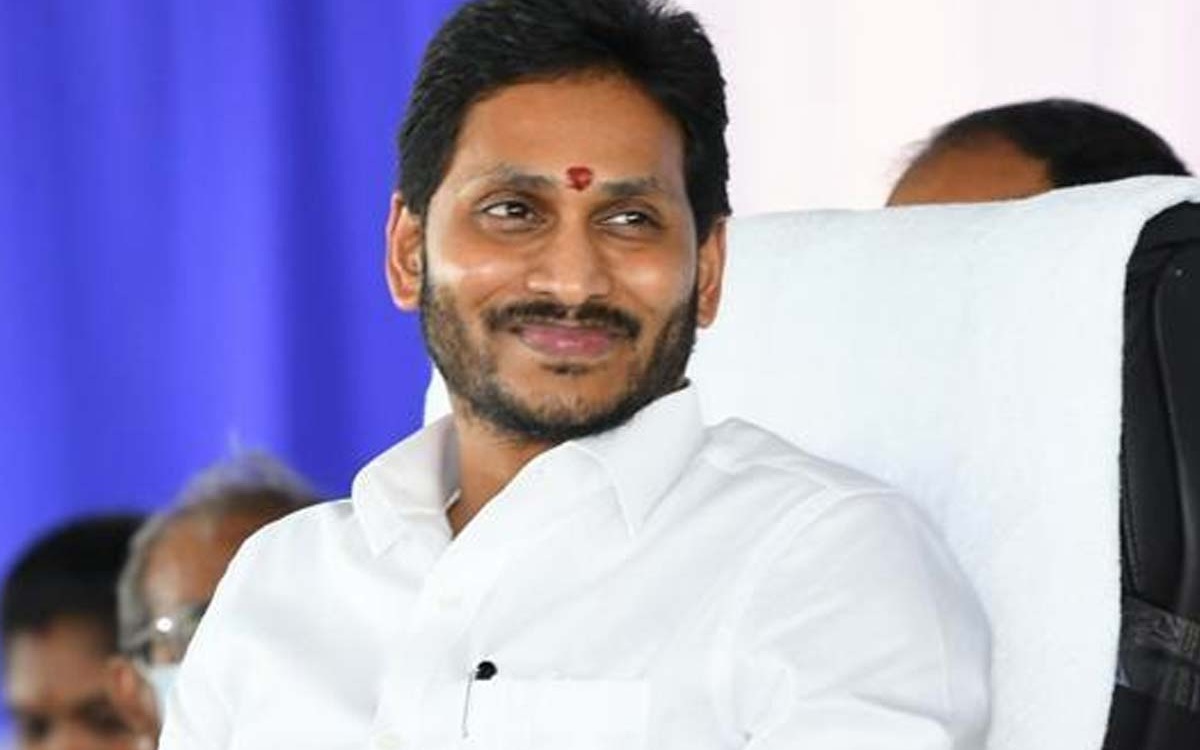Jagan’s recent visit to Delhi has raised questions about his motives. Despite the subsiding fear of Avinash Reddy’s arrest and the receipt of funds for schemes, Jagan’s purpose for the visit seems to differ from initial speculation. Rather than evading the pre-election campaigns of Nara Lokesh and Pawan Varahi, Jagan is primarily concerned with the number of phases for the upcoming elections.
Jagan believes that conducting the elections in fewer phases would make poll management difficult, while more phases would allow for better planning and execution. He intends to seek the cooperation of BJP leaders in Delhi to influence the Election Commission of India (ECI) and advocate for holding the elections in seven phases.
Looking at the 2022 assembly elections in different states, it becomes clear that conducting elections in multiple phases can be advantageous. States like Gujarat and Uttar Pradesh, with more seats than Andhra Pradesh, held elections in two and seven phases respectively, resulting in BJP’s success. Even West Bengal, with 294 seats, conducted elections in eight phases, enabling meticulous poll management.
While the Election Commission may find it challenging to agree to Jagan’s desired number of phases, the absence of political turmoil or internal violence in Andhra Pradesh makes it a more feasible proposition. Jagan hopes to leverage BJP’s support at the center to exert pressure on the ECI and secure approval for conducting the elections in three or four phases, aligning with his preferences. If successful, his plan to hold the elections in multiple phases will come to fruition.
